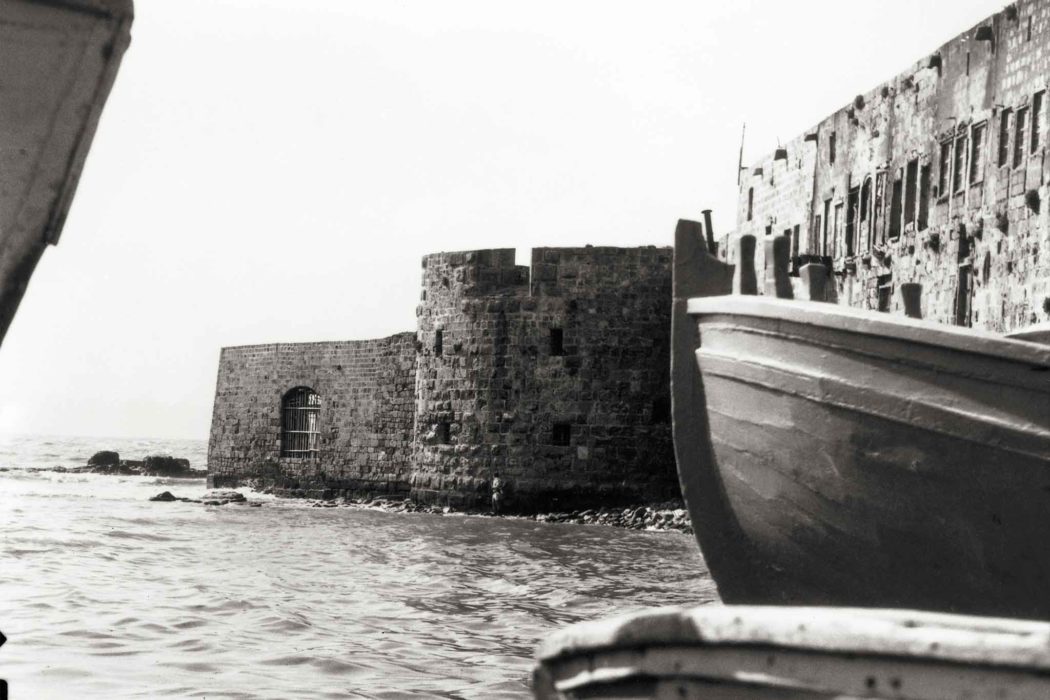“TAKE US OUT ON a steamer and drown us in the ocean!” ‘Abdu’l-Bahá shouted. “You can thus end at once our sufferings and your perplexities. But we refuse to be separated.”
Bahá’u’lláh, his family, and his supporters — seventy-seven exiles in all — had just arrived in Gallipoli in the northwestern corner of Turkey, after their banishment from Adrianople in 1868. Upon their arrival, they were informed that the governor of the city had received instructions from ‘Abdu’l-Aziz, the Sultan of Turkey, declaring that this close knit group of prisoners were now to be separated, and no one was to be informed of the others’ whereabouts. It was the second time they had been dealt this particular threat.
During his five years in Adrianople, ‘Abdu’l-Bahá had become friends with the governor of that city, often visiting him at his palace. When the governor received the Sultan’s order that the family were not just to be banished, but also separated, he was distraught. He wrote ‘Abdu’l-Bahá a contrite letter of apology and fled the city, leaving his subordinates to carry out the Sultan’s orders.

A cordon of soldiers surrounded the family’s house. When ‘Abdu’l-Bahá confronted them, he told the officer in command that they would rather die than be separated, and, flanked by two soldiers, he set off for the palace. He persuaded the officials there to send a telegram to Constantinople, asking that the order be changed. Constantinople refused; ‘Abdu’l-Bahá persisted. He visited the palace daily to make further appeals. After a week, a telegram arrived with a concession: the bulk of the exiles would be separated, but the family would be permitted to remain together.
But ‘Abdu’l-Bahá wasn’t satisfied with that either. In Turkish, he demanded that the governor, who had now returned to the city, should intervene. Another telegram arrived the next day. The company of exiles would stay together.
So, on arrival in Gallipoli, when ‘Abdu’l-Bahá learned that this promise had been withdrawn, he told the governor and his officials that they would prefer to be drowned in the ocean. And for the second time, the exiles were granted the right to endure the next phase of their incarceration together.
They were duly taken in small boats to the Ottoman penal colony of ‘Akká, where criminals throughout the empire were sent. The air was so foul that it was said that if a bird flew over ‘Akká, it would fall like dead weight out of the sky.

Yesterday in Manhattan, June 13, 1912, the painter Juliet Thompson had visited ‘Abdu’l-Bahá to complete the third and final sitting for his portrait. As she waited to begin her work, she watched ‘Abdu’l-Bahá sitting in the window seat, listening quietly to the outpourings of a distressed young girl.
The girl couldn’t understand why her life was so full of trials, especially when, as she told him, she read the 91st and the 23rd Psalms every night.
‘Abdu’l-Bahá responded: “To pray is not to read the psalms, to pray is to trust in God and to be submissive in all things to Him. . . . Strong ships are not conquered by the sea, they ride the waves. Now be a strong ship, not a battered one.”






